Jul 19, 2023 | TPC Outstanding Scholar
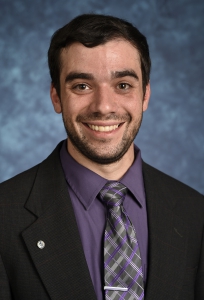 Michael T. Kalkbrenner received the 2022 Outstanding Scholar Award for Concept/Theory for his article, “Guidelines and Recommendations for Writing a Rigorous Quantitative Methods Section in Counseling and Related Fields.”
Michael T. Kalkbrenner received the 2022 Outstanding Scholar Award for Concept/Theory for his article, “Guidelines and Recommendations for Writing a Rigorous Quantitative Methods Section in Counseling and Related Fields.”
Kalkbrenner (he, him, his), PhD, NCC, is an associate professor of counseling and educational psychology at New Mexico State University. He received his doctorate in counselor education and supervision from Old Dominion University and his MS in mental health counseling from The College at Brockport, State University of New York. Dr. Kalkbrenner’s research agenda is centered on two major themes—psychometrics and college student mental health, and measurement and evaluation of dimensions of integrated mental and physical wellness. He has utilized quantitative, qualitative, and mixed-methods research paradigms, with an emphasis on quantitative methodology in psychometrics and other multivariate statistical analyses. Dr. Kalkbrenner’s teaching pedagogy is based on John Dewey’s theory of experiential learning and the flipped classroom in which the instructor is responsible for the learning environment and students are responsible for their own learning. Dr. Kalkbrenner has clinical experience providing counseling to a variety of populations in an array of different settings, including medical residents, veterans, college students, and children.
Read more about the TPC scholarship awards here.
Jul 19, 2023 | TPC Outstanding Scholar
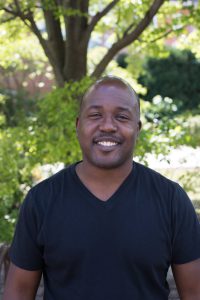
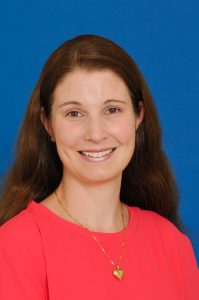
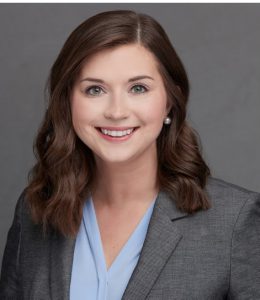
Eric M. Brown, Kristy L. Carlisle, Melanie Burgess, Jacob Clark, and Ariel Hutcheon received the 2022 Outstanding Scholar Award for Quantitative or Qualitative Research for their article, “Adverse and Positive Childhood Experiences of Clinical Mental Health Counselors as Predictors of Compassion Satisfaction, Burnout, and Secondary Traumatic Stress.”
Brown (he, him, his), PhD, MDiv, LPC, is a counselor educator, mental health counselor, and researcher. He is an assistant professor in the Mental Health Counseling and Behavioral Medicine program at Boston University Chobanian & Avedisian School of Medicine, where he teaches classes on trauma counseling, addiction counseling, and group therapy. His research is focused on issues related to the prevention of burnout in helping professionals. Currently, Dr. Brown researches burnout and the resilience of counselors, teachers, and pastors.
Carlisle (she, her, hers), PhD, is an associate professor in Old Dominion University’s Counseling and Human Services Department, where she is the Human Services Program director. She also serves as the university’s addictions education coordinator, as well as the chief editor of the Journal of Human Services Scholarship and Interprofessional Collaboration. She has work experience as a PK–12 teacher, school counselor, mental health counselor, and case manager/supervisor, and she has served child, adolescent, and adult populations in school, inpatient residential, and community mental health settings. Dr. Carlisle’s research interests include addictions and addictions education, crisis and trauma education, and interprofessional collaboration and education (IPC/IPE).
Burgess (she, her, hers), PhD, is an assistant professor and the co-coordinator of the Counselor Education and Supervision PhD Program in the Department of Counseling, Educational Psychology, and Research at the University of Memphis. She earned both her PhD in counselor education and supervision and her MSEd in counseling with a concentration in school counseling from Old Dominion University. Dr. Burgess’s research interests include school counselor preparation and clinical supervision; data-driven, evidence-based practices in PK–12 settings; and assessment. She has presented at national and state conferences, received federal and regional grant funding, and published qualitative and quantitative articles in peer-reviewed journals.
Clark (not pictured), BS, is a graduate student at Old Dominion University. Hutcheon (not pictured), MA, is a doctoral student at Old Dominion University.
Read more about the TPC scholarship awards here.
Jun 13, 2022 | TPC Outstanding Scholar
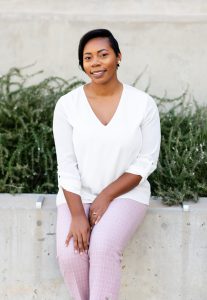
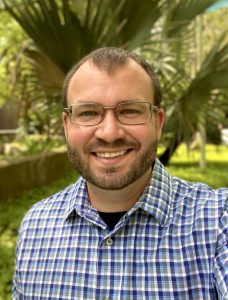
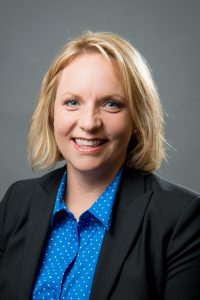
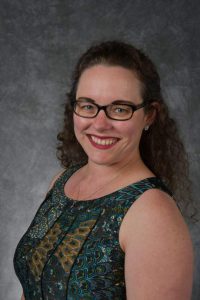
Shaywanna Harris-Pierre, Christopher T. Belser, Naomi J. Wheeler, and Andrea Dennison received the 2021 Outstanding Scholar Award for Concept/Theory for their article, “A Review of Adverse Childhood Experiences as Factors Influential to Biopsychosocial Development for Young Males of Color.”
Shaywanna Harris-Pierre, PhD, LPC, is an assistant professor of professional counseling at Texas State University. Her research centers on the psychological and physiological impact of trauma and race-based traumatic stress. Dr. Harris-Pierre serves her community through facilitating free workshops for couples where she provides psychoeducation on communication skills. Dr. Harris-Pierre also serves the counseling profession through her position as secretary for the Association for Assessment and Research in Counseling, and her role as an editorial board member for the Journal of Addictions & Offender Counseling, Counseling Outcome Research and Evaluation, and the Journal of Multicultural Counseling and Development.
Christopher T. Belser, PhD, NCC, is an assistant professor in the counselor education program at the University of New Orleans. He earned his PhD in counselor education and supervision at the University of Central Florida and his MEd in school counseling at Louisiana State University. Dr. Belser has experience in Louisiana public and charter schools as a middle school counselor and a high school career coach. His research interests include school counselor preparation/practice and interdisciplinary P–16 STEM career development initiatives. Dr. Belser has delivered dozens of presentations at local, state, national, and international conferences and has published numerous articles and book chapters on counseling and career-related topics. He is the current associate editor of the Journal of Child & Adolescent Counseling, served as Chi Sigma Iota’s 2020–2021 Edwin Herr Fellow, and previously won The Professional Counselor’s 2018 Dissertation Excellence Award.
Naomi J. Wheeler, PhD, NCC, LPC, LMHC, is an assistant professor in counselor education and supervision at Virginia Commonwealth University. Her research builds on her professional and clinical experiences to examine relationship health across the life span, including the role of early life family adversity (such as ACEs) and couple stress as contributors to health disparities. Dr. Wheeler is also the co-director for the Urban Education and Family Center at VCU, which serves as a hub for community-engaged research and program services that address educational attainment, economic mobility, and individual and family well-being for historically marginalized populations living in poverty from a two-generational approach. The Center strives to harness research to improve the quality of life for Black and Latinx families in the greater Richmond area through community-based work.
Andrea Dennison, PhD, is an assistant professor at Texas State University.
Read more about the TPC scholarship awards here.
Jun 13, 2022 | TPC Outstanding Scholar
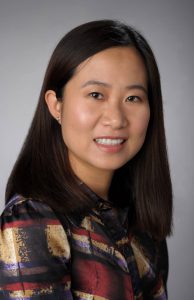
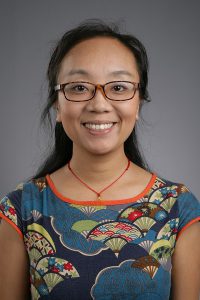

Fei Shen, Yanhong Liu, and Mansi Brat received the 2021 Outstanding Scholar Award for Quantitative or Qualitative Research for their article, “Attachment, Self-Esteem, and Psychological Distress: A Multiple-Mediator Model.”
Fei Shen, PhD, is a staff therapist at the Barnes Center at the Arch – Counseling at Syracuse University. Her clinical and research interests include attachment and trauma healing. She specifically focuses on understanding the impact and prevention of adverse childhood experiences (ACEs) in marginalized communities, as well as identifying mediating and moderating factors that can protect survivors from the negative effects of trauma.
Yanhong Liu, PhD, NCC, is an associate professor in the Counseling & Human Services Department at Syracuse University. She also serves as the MS in School Counseling P–12 Program Coordinator. Her scholarship centers around marginalized youth and supporting systems. She has published widely and consistently in counseling as well as interdisciplinary journals on the topics of adopted youth, school bullying, school-based programs, and counselor training.
Mansi Brat, PhD, LPC, LMHC, is an adjunct professor at Syracuse University. Dr. Brat’s scholarship focuses on mindfulness-based programs (MBP), social justice, counselor professional identity and advocacy, contemplative sciences, and humanistic psychology. She has published across interdisciplinary journals and is extremely passionate about furthering her research in highlighting the many layers of implicit bias that remain critical in dismantling racism and oppression amongst dominant groups.
Read more about the TPC scholarship awards here.
Apr 28, 2020 | TPC Outstanding Scholar
Stacey Diane A. Litam
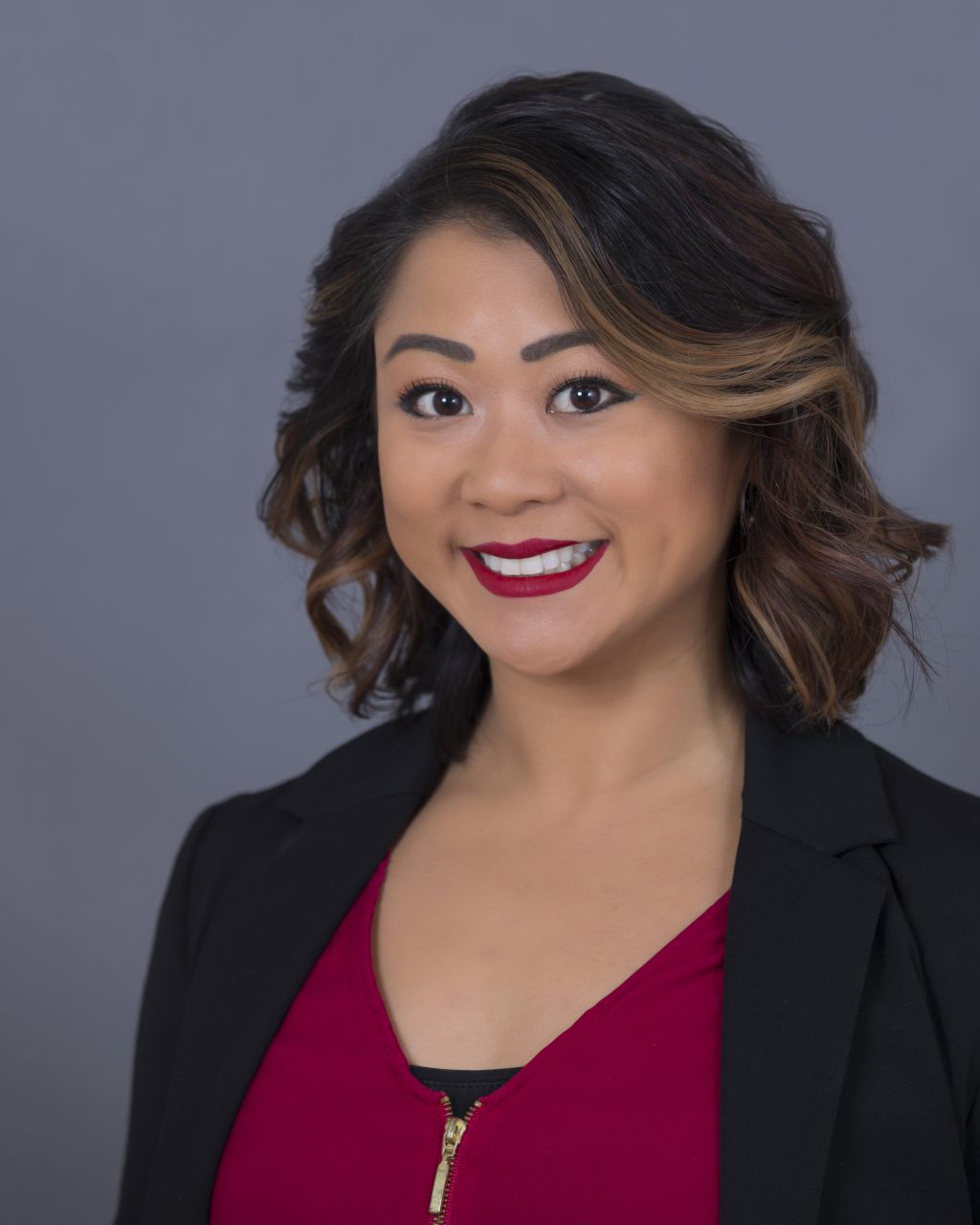
Stacey Diane A. Litam received the 2019 Outstanding Scholar Award for Quantitative or Qualitative Research for her article, “She’s Just a Prostitute: The Effects of Labels on Counselor Attitudes, Empathy, and Rape Myth Acceptance.”
Stacey Diane A. Litam (she, her, hers), PhD, NCC, CCMHC, LPCC, is an assistant professor of counselor education at Cleveland State University. Dr. Litam is a researcher, counselor educator, and social justice advocate on topics related to human sexuality, sex trafficking, and the phenomenological experiences of individuals who have intersecting marginalized identities.
As a scholar, Dr. Litam’s research has been published in prestigious journals such as The Professional Counselor (TPC), Journal of Sexual Aggression, and Journal of Child Sexual Abuse. Her doctoral dissertation, An Examination of Whether Scores of Attitudes Based on Labels and Counselor Attributes Predicted Scores of Human Relations and Beliefs About Rape in Counselors, won TPC’s 2019 Dissertation Excellence Award. In addition to her two TPC awards, Dr. Litam has won numerous awards for her academic and advocacy work, including a 2016 Doctoral Minority Fellowship from the NBCC Foundation, the 2016 Outstanding Doctoral Student of the Year award from the Ohio Association for Counselor Education and Supervision, the 2017 Humanistic Advocacy and Social Justice Award from the Association for Humanistic Counselors division of the American Counseling Association, the 2018 David K. Brooks Award from Chi Sigma Iota, and a 2019 Outstanding Service to Specialized Populations Award from NBCC.
She has facilitated over 70 refereed presentations at the national, regional, and state levels and actively contributes to peer-reviewed publications in journals, books, and edited volumes. Her professional interests encompass human sexuality, human trafficking, decolonizing the model minority stereotype, and the influence of internalized racism and intra-ethnic othering on Asian American identity development.
Read more about the TPC scholarship awards here.
Apr 28, 2020 | TPC Outstanding Scholar
Jennifer L. Rogers, Jamie E. Crockett, and Esther Suess
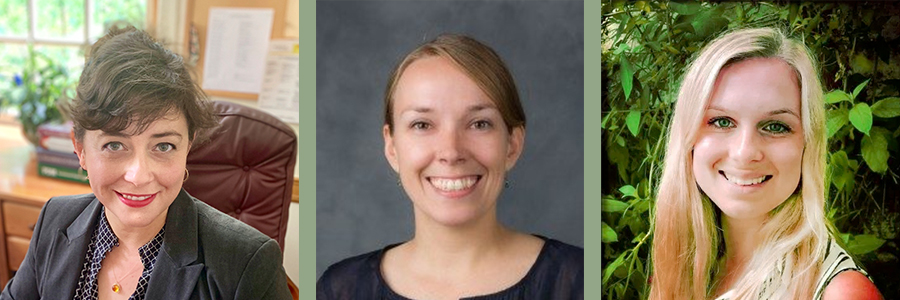
Jennifer L. Rogers, Jamie E. Crockett, and Esther Suess received the 2019 Outstanding Scholar Award for Concept/Theory for their article, “Miscarriage: An Ecological Examination.”
Jennifer L. Rogers, PhD, NCC, is an assistant professor in the Wake Forest University Department of Counseling. She received her PhD in counseling and counselor education from Syracuse University. Her clinical and research interests are centered around relational approaches to counseling, supervision, and counselor preparation across ecologically diverse practice contexts. Her current research focuses upon how attachment and cognitive patterns among beginning counselors influence their experiences during clinical supervision.
Jamie E. Crockett, PhD, NCC, LCMHCA, is an assistant professor in the Wake Forest University Department of Counseling and a clinical mental health counselor at Triad Counseling and Clinical Services. Her clinical and research interests include human development, attachment, gender and sexuality, reproductive health, grief and loss, contemplative and breath-based approaches, emotion, wellness, religion and spirituality, ethics, feminism, and diversity and culture.
Esther Suess, MA, NCC, LPC-A, LCMHCA, is a mental health counselor at the Mood Treatment Center in Winston-Salem, North Carolina, with a specialty in the treatment of eating disorders and obsessive-compulsive disorder. She graduated with an undergraduate degree in psychology from University College Dublin in 2016 and received her master’s degree in clinical mental health counseling from Wake Forest University in 2018. Her research interests include cultural diversity and biopsychosocial factors in counseling and eating disorders.
Read more about the TPC scholarship awards here.
 Michael T. Kalkbrenner received the 2022 Outstanding Scholar Award for Concept/Theory for his article, “Guidelines and Recommendations for Writing a Rigorous Quantitative Methods Section in Counseling and Related Fields.”
Michael T. Kalkbrenner received the 2022 Outstanding Scholar Award for Concept/Theory for his article, “Guidelines and Recommendations for Writing a Rigorous Quantitative Methods Section in Counseling and Related Fields.” 











